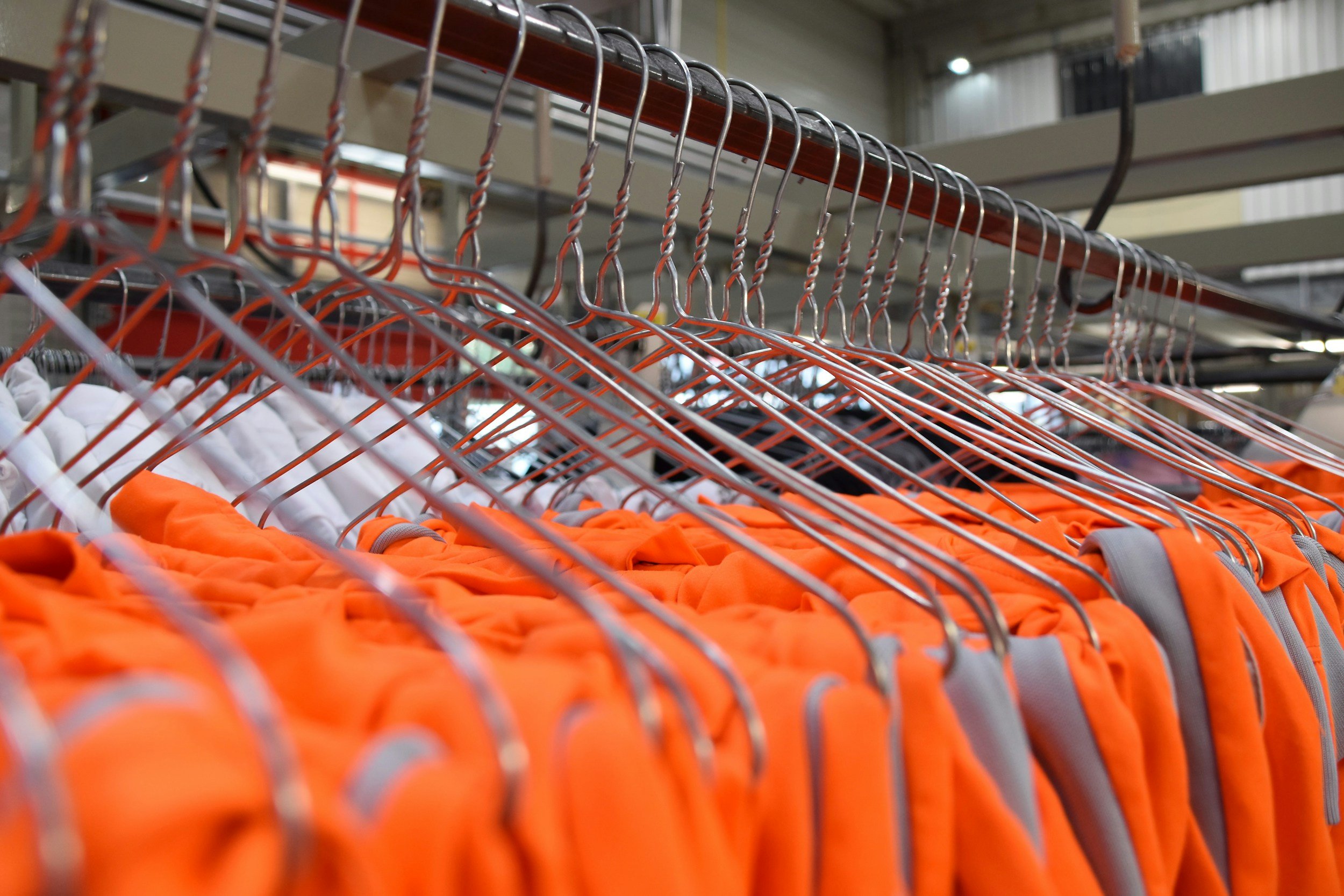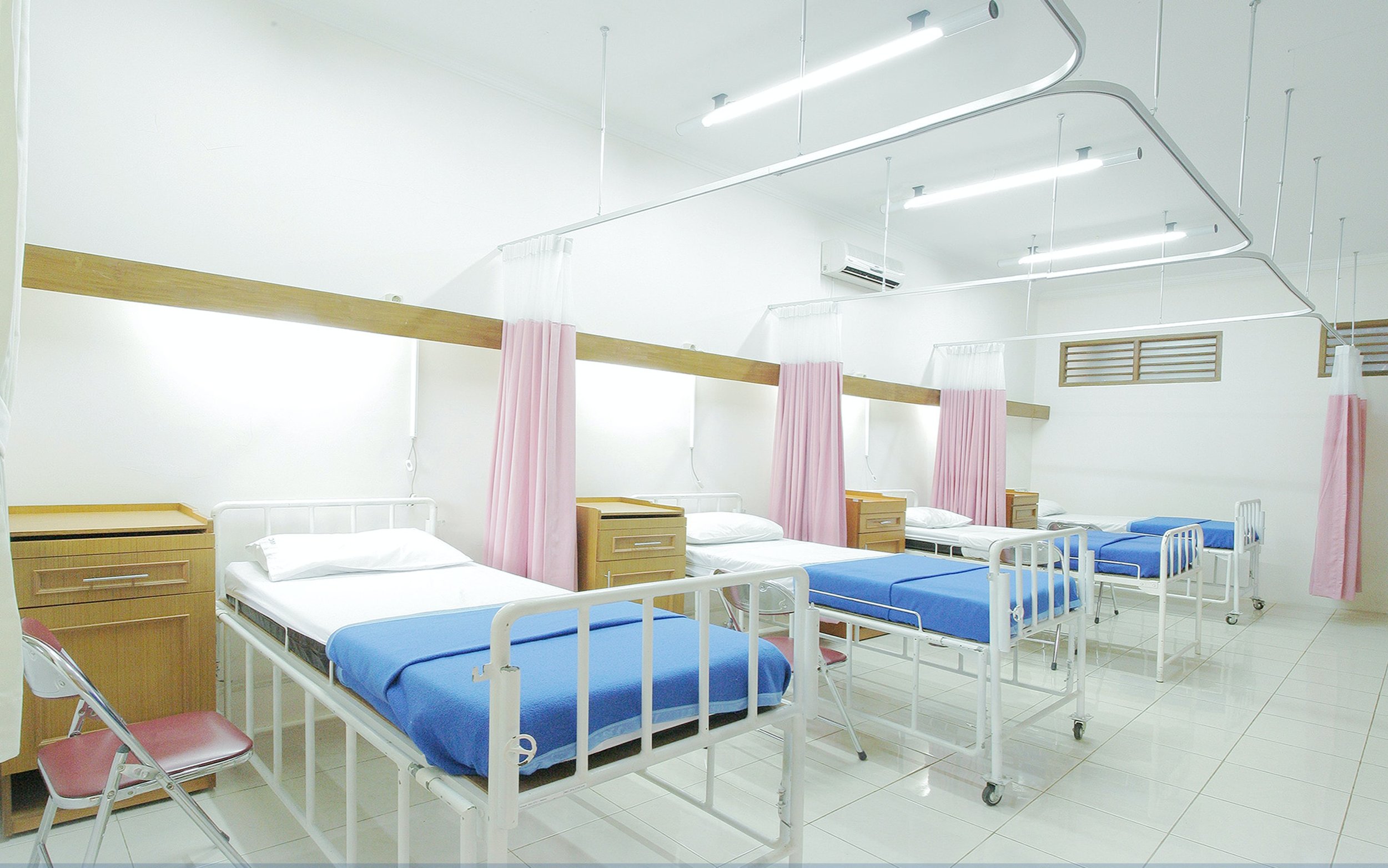
The Silent Spread of a Superbug – and How Consistent Small Actions Can Stop It
It begins with a single spore.
In 2016, a New York hospital isolated a mysterious fungus from a patient’s ear. Within seven years, this organism – Candida auris – has become what the CDC calls an “urgent antimicrobial resistance threat,” with U.S. cases surging 81% in 2023 alone.
But here’s what most miss: This isn’t just a hospital problem.
C. auris thrives on overlooked surfaces—elevator buttons, school desks, hotel linens—resisting standard cleaners and spreading silently. The solution? Not dramatic overhauls, but small, consistent improvements in disinfection protocols.
At Avalon Steritech, we’ve developed The Hygiene Flywheel, a three-layered defense strategy combining Avatech, Nanocyn®, Evicate-Pro®, and Whiz Gambit to disrupt microbial survival cycles. Schools, hotels, and elderly homes that implement these micro-actions are creating macro-protection against outbreaks.

Exploring Value-Added Services: How Antimicrobial Coating Can Bring Innovation and Build a “Green Laundry” Future
Antimicrobial coating technology is revolutionizing the laundry industry by offering enhanced hygiene, prolonged fabric freshness, and environmental benefits. This value-added service helps laundry businesses attract high-value clients, differentiate themselves in competitive markets, and reduce operational costs while supporting sustainability goals. From hospitals to kindergartens, real-world examples highlight how laundry services can adopt this innovation to meet growing demands for safety, hygiene, and eco-friendly practices.

The Science of Safer Fabrics: Why Avatech's Antimicrobial Technology is a Game-Changer
Discover why Avatech’s innovative silicon-based antimicrobial technology is a superior alternative to nanosilver and triclosan solutions. Learn how our patented formula offers long-lasting protection, cost-efficiency, and environmental safety, making it the ideal choice for industries requiring rigorous hygiene standards.

Mold: The Silent Threat Lurking in Your Home—and How You Can Fight Back
Mold is a silent health threat lurking in many homes, especially in damp environments. This article explores the dangers of mold exposure, its impact on vulnerable groups like children and the elderly, and how you can prevent mold with practical tips and Avatech’s innovative antimicrobial technology. Keep your home mold-free and protect your family’s health with long-lasting solutions.

Top 5 Benefits of Using Antimicrobial Fabric in Your Home
Discover the top 5 benefits of using Avatech Antimicrobial Fabric in your home. From odor prevention to health protection and extended product life, learn how antimicrobial fabrics in household items like towels, sheets, and furniture covers can enhance your living environment. With less frequent washing, longer-lasting textiles, and a reduced environmental footprint, Avatech fabrics offer the perfect balance of hygiene, durability, and sustainability for modern living.

Why Antimicrobial Towels Are Essential for a Healthier Bathroom: Research-Backed Benefits
Discover why antimicrobial towels are a must-have for your bathroom. Backed by research, these towels inhibit the growth of bacteria, fungi, and odor-causing microbes, keeping you healthier and your towels fresher for longer. Learn how they protect against pathogens like E. coli, Salmonella, and Staphylococcus aureus while reducing musty odors and skin infections.

Protecting Our Little Ones: Combating MRSA Outbreaks in Hong Kong Hospitals
The recent outbreaks of Methicillin-resistant Staphylococcus aureus (MRSA) among infants in Hong Kong hospitals have raised concerns among healthcare professionals and parents alike. This article discusses the impact of MRSA on infants and the preventive measures being taken to combat the spread of this dangerous pathogen. It highlights the importance of enhanced screening, cleaning and disinfection, contact transmission prevention protocols, and the potential role of antimicrobial fabrics in reducing MRSA transmission.

Preserving the Power: Essential Care Tips for Your Antimicrobial Fabrics
Proper care is crucial for maintaining the effectiveness of antimicrobial fabrics. Avoid fabric softeners, use gentle detergents, and opt for air drying to preserve the fabric's protective properties. Follow these simple guidelines to ensure your antimicrobial garments continue to protect you as intended.

C. difficile Spores Survive Bleach: Rethinking Disinfection in Healthcare
Recent research highlights the resilience of C. difficile spores to bleach, commonly used in healthcare disinfection, and their viability on medical textiles. This underscores the need for innovative antimicrobial fabric technologies in infection prevention strategies.

A Deep Dive into MRSA Colonization in Elderly Care Centers: Unpacking the Data and Its Implications
The recent systematic review and meta-analysis published in the Antimicrobial Resistance & Infection Control journal provides a critical examination of MRSA colonization in elderly care centers (ECCs), revealing a global prevalence of 14.69%. The study identifies key risk factors for colonization and underscores the need for targeted infection control measures. While the role of antimicrobial fabrics was not a focus, products like Avatech Antimicrobial Fabric can serve as a supplementary measure in ECCs to potentially reduce MRSA transmission.

Understanding MDROs and MRSA: What are they? Why should we care? How does it affect the elderly's health?
The rise of multi-drug resistant organisms (MDROs) and methicillin-resistant Staphylococcus aureus (MRSA) poses a significant threat to public health, particularly for the elderly population in Hong Kong, as infections can lead to severe complications, prolonged recovery times, and increased mortality risk.

The Role of Bedding Plays in Spreading Infectious Diseases
A groundbreaking study published in Lancet Microbe reveals extensive monkeypox virus contamination in hospital isolation rooms, highlighting the potential for environmental and airborne transmission during routine care activities, such as changing bedding, and emphasizing the need for robust infection prevention measures.

Doubtful Antibacterial Performance for Bedsheets in the Market
Hong Kong Consumer Council's tests reveal varying effectiveness of antimicrobial and anti-mite properties in bedding products, emphasizing the importance of scientifically verified fabric technology for a healthier sleep environment.

How Healthcare Worker Attire Can Contribute to the Spread of Bacteria
A study by the University of Maryland reveals that 30% of healthcare worker (HCW) scrubs are contaminated with pathogenic bacteria during a typical patient care shift, emphasizing the need for increased awareness and interventions to reduce the risk of bacterial transmission through HCW attire.

The Resilience of Clostridium difficile Spores Against Hospital Laundry Processes
A recent study reveals that Clostridium difficile (C. difficile) spores can survive the laundry processes designed to sanitize bedding in healthcare settings, raising concerns about their potential to contribute to sporadic C. difficile infection (CDI) outbreaks and highlighting the need for improved laundry protocols or alternative disinfection methods.

The Importance of Scientifically Designed Antimicrobial Fabric Technology for Towels
The Hong Kong Consumer Council's first-ever test on bath towels reveals the importance of scientifically designed and verified antimicrobial fabric technology, as only one of eight towels claiming antimicrobial properties effectively inhibited the growth of both Staphylococcus aureus and Klebsiella pneumoniae.

Unveiling the Potential of Antimicrobial Hospital Curtains in Reducing Bacterial Contamination
By replacing standard curtains with antimicrobial curtains, healthcare facilities could potentially reduce the risk of MDRO transmission from contaminated curtains to patients

The Unseen Battle: The Critical Role of Antimicrobial Fabrics in Hospitals
A study by Otter et al. highlights the critical role of contaminated surfaces in the transmission of hospital-acquired infections (HAIs) and emphasizes the need for adopting antimicrobial fabric products in healthcare settings to create a hostile environment for germs and reduce the microbial burden on surfaces.
